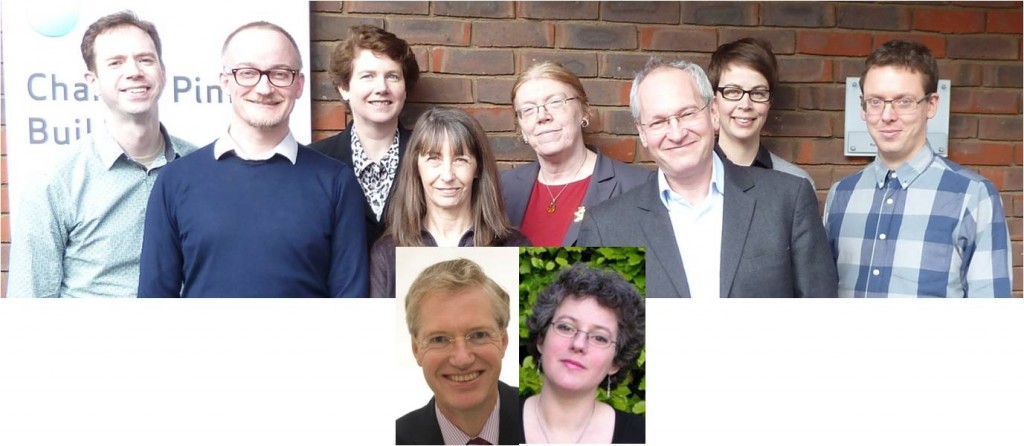
Dr Richard Holliman, The Open University’s Champion for Public Engagement with Research
Research with people at the centre
Champion’s blog; star date 2013.07.17. This is the blog of the OU’s RCUK-funded Catalyst, ‘An open research university‘. But our mission isn’t to boldly go. Rather, our three-year mission is to embed the principles, values and reflective practices of public engagement within the research culture of Open University researchers. This requires all OU researchers to think more strategically about how we plan our research.
This requires us to think (yet again, I know) about culture change…
“If you’re the University’s Champion for Public Engagement with Research can you tell me how many people it takes to change a university’s research culture?” I guess the obvious answer is, “I don’t know at the moment, but I do know that those involved really have to want to change.”
Okay, it’s an old joke, and somewhat adapted for this purpose. More seriously, I’ve been trying to think of a more challenging time that we could have started this project. We’re working in a period of unprecedented change at the OU. And we’re already responding to significant changes in the ways we teach. Then we have the REF, and REF impact. You get the picture.
For me the issue isn’t straightforward culture change. Rather, we want to encourage the principle that, wherever possible, the people who value our research are at the heart of what we do. We do this in our teaching as a matter of routine, and look at the value OU students place on this approach. Now we need to consider how we adapt our mission of being “open to people, places, methods and ideas” so that these guiding principles apply to our research.
So perhaps more realistically, our job is to start a process of change where it’s necessary, and in other places it’s about adapting the principles we already value. This will take time. One of our project aims is sustainability, to continue to develop and shape this agenda beyond the RCUK funding period (which ends in March 2015). Again, this will require buy-in from researchers working at all levels and across different disciplinary domains.
Research-informed collaboration
We’ve adopted an action research approach for the project, working collaboratively with a team of researchers and academic support staff, drawn from across the university. This includes a core OU team funded by RCUK and a wider group of stakeholders, involving researchers working at all levels, academic support staff and partner organisations.

The OU's RCUK-funded Catalyst project team, 'An open research university'. Back-row, from left to right Trevor Collins, Richard Holliman, Fiona McKerlie, Ann Grand, Eileen Scanlon, Richard Holti, Hilde Stephansen and Nick Mahony; front row, from left to right, Tim Blackman and Anne Adams.
Crucially, we want to do some cutting edge research along the way? For example, we’re interested in different disciplinary perspectives of public engagement with research. Who are the publics you seek and value as partners, what are the methods you cherish, and what are your experiences of taking on board the lessons you have learned from these activities? Providing some provisional answers to these sorts of questions should help us to think and act progressively, and to drive this agenda forwards in ways that are complementary to our core mission.
